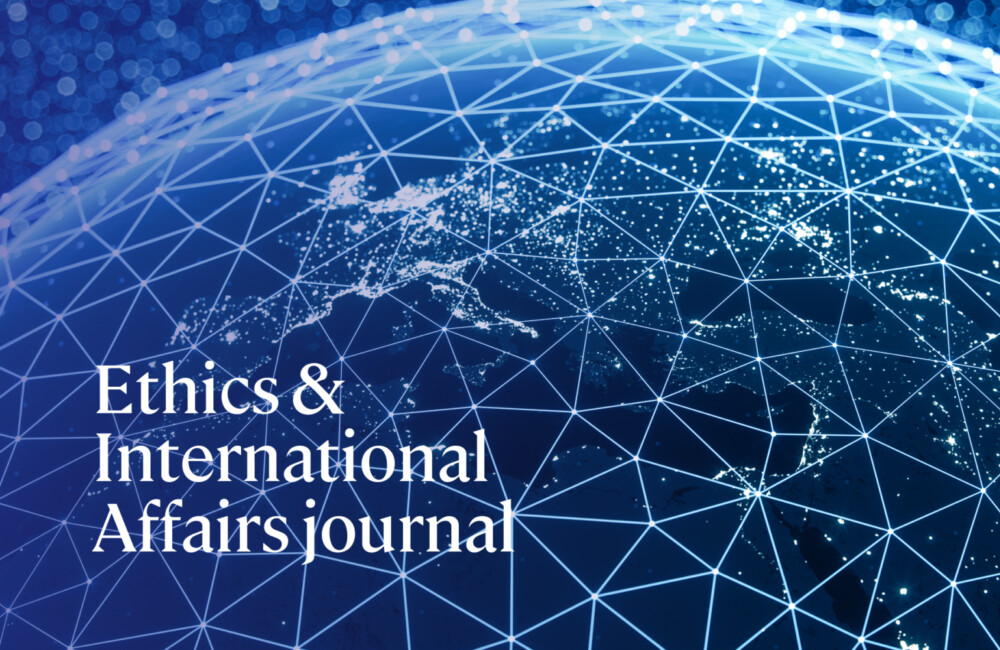The completion of this journal takes place amid high alerts for terrorist activity and heated rhetoric in the UN Security Council. Seventeen months after September 11, 2001, the tragic events of that day continue to rattle the foundations of international politics. Whether this will lead to significant changes in our international order remains to be seen. Nevertheless it has become obvious that the moral clarity that characterized the first phase of the war on terrorism has given way to increasingly difficult questions of strategy and policy. Phase one of the war was based on a strong international consensus on three key issues: a global condemnation of terrorist tactics, the relentless pursuit of the al-Qaeda network, and the need for a successful campaign against the Taliban regime in Afghanistan. The road map for phase two and beyond, however, has become the subject of impassioned disagreement.
Since the Bush administration asserted that the war on terrorism required direct confrontation with Iraq, the moral and legal aspects of the preemptive use of military force have been a focal point of these disagreements. The contributors to our Roundtable enhance and deepen the discussion of this issue by investigating how just war thinking, international law, and international relations theory can help us evaluate arguments for and against preemptive use of force.
Several of the articles raise challenging issues concerning the permissible means and strategies of fighting terrorism. Stewart Patrick’s article, “Beyond Coalitions of the Willing,” describes the tensions between unilateralism and multilateralism, and between nationalism and cosmopolitanism in a world of stark military asymmetry. Steven R. David and Yael Stein’s Debate, “Israel’s Policy of Targeted Killing,” addresses the problem of asymmetry in combating terrorism in a different context. The obvious value of eliminating terrorist activity does not necessarily enable policy-makers to avoid trade-offs in constructing policies that involve the appropriate means for realizing it.
Although security-related matters continue to dominate the headlines, it is important not to overlook enduring and equally serious issues regarding the fairness of our international order. We therefore also present an article on the ethics of immigration admissions by Joseph H. Carens, and articles by Vivien Collingwood, Ngaire Woods, and Sanjay G. Reddy that both evaluate the “rules of the game” that characterize our global economic order and propose institutional reforms that would make them more just.
Ethics & International Affairs is the product of a small team of editors that seeks to stimulate serious thinking about the ethical questions raised by pressing practical problems in international affairs. We also hope that this issue will stimulate our readers to respond. Let us hear from you.


